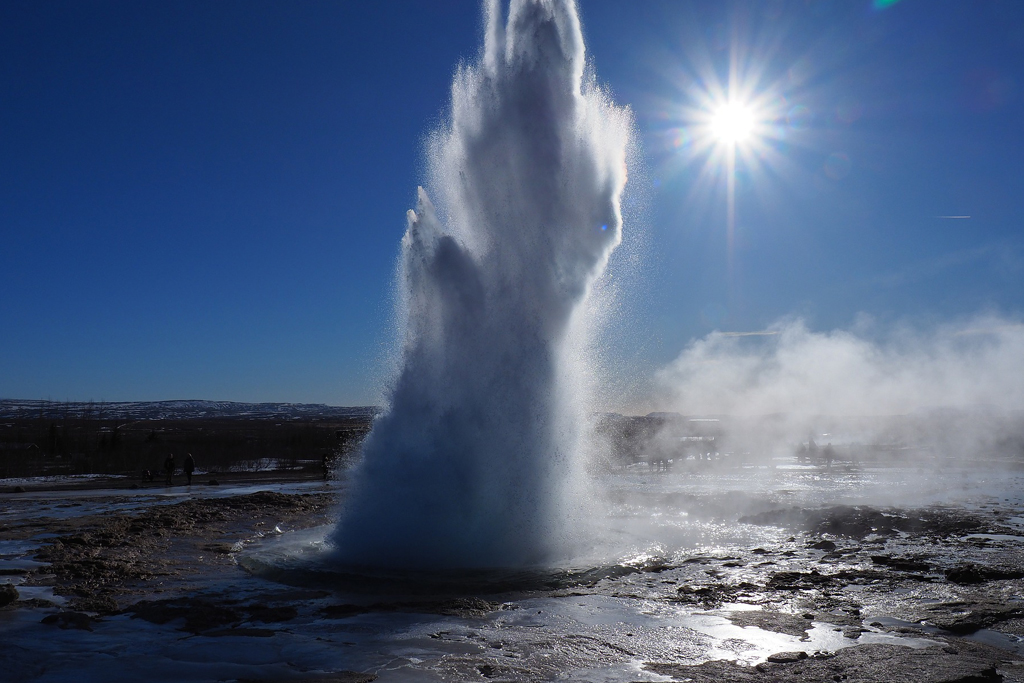
I’ve always loved a good debate especially when it is conducted in the classical sense with two podiums, open microphones, relevant topics, and informed advocates. National Public Radio recently aired such a debate on hydraulic fracturing, which is the core operation behind the shale gas revolution in North America. Fracking is what industry hands call the process but it has now become the preferred term in both media and popular fora.
You will see that the defendants — a journalist and a policy expert — of fracking lost the vote following the NPR debate. It was unfortunate because the defendants — notwithstanding their distinguished backgrounds — failed to represent fracking in an effective fashion. Both debaters chose to defend fracking as a necessary evil acceptable only because shale gas was environmentally far better than coal, produced more power than renewables ever could, or led to jobs in difficult economic times. In other words, they seemed to implicitly accept the charge made by their opponents — two lawyer-environmentalists — that fracking caused unprecedented environmental damage.
This was a cop out because there is no dearth of hard, peer-reviewed scientific data showing how safe fracking is, how the industry is improving drilling and completion practices to protect groundwater, and how a range of regulations at the state levels are improving transparency, disclosures, and safety.



















